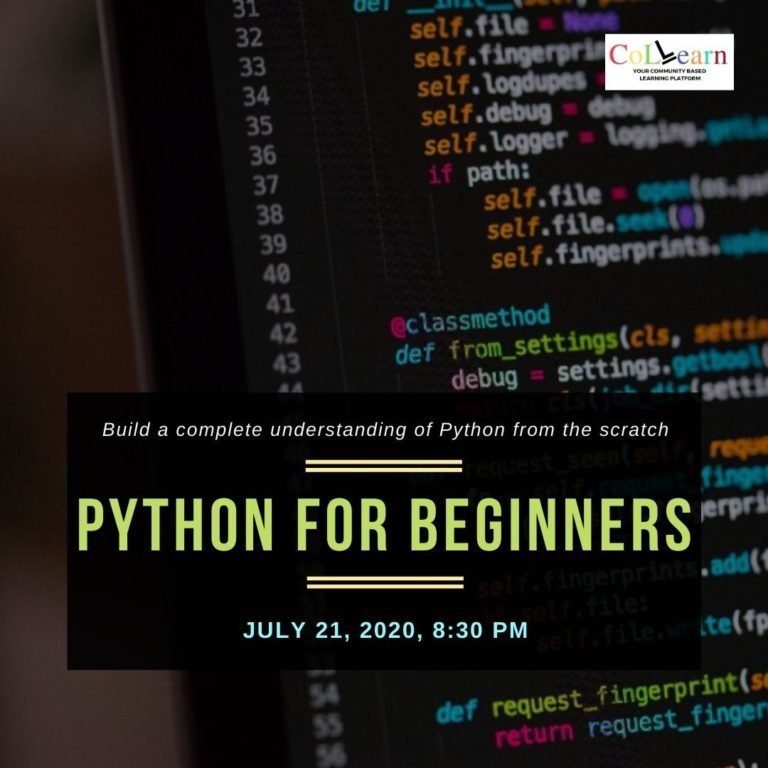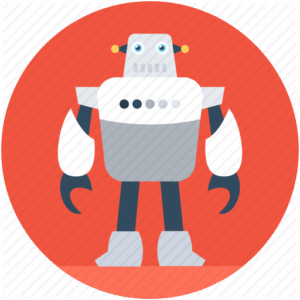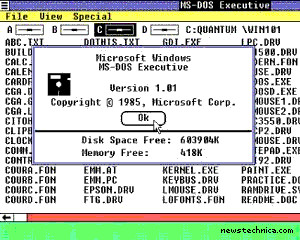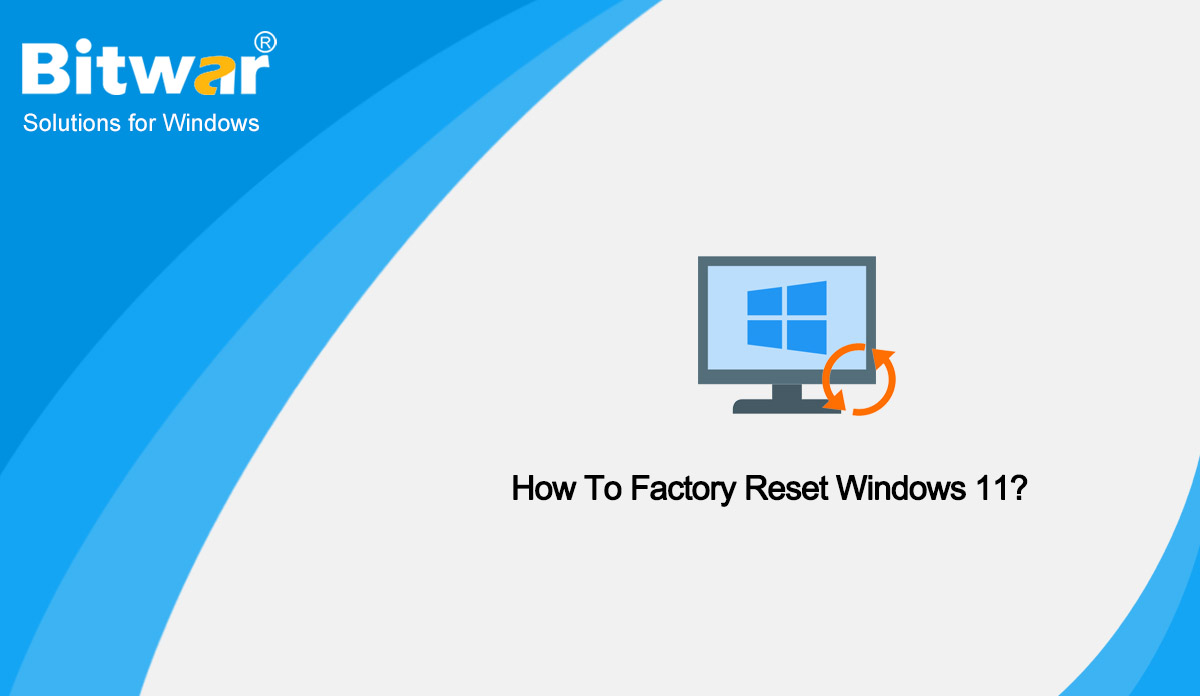
So, you’re embarking on the exciting journey of learning Python! That’s fantastic! It’s a language that empowers you to build anything from simple scripts to complex applications. But, like any new skill, getting started can feel a little overwhelming. Don’t worry; everyone feels that way initially. The key is to embrace the learning process and remember that progress, not perfection, is the goal.
Beginner Tips for Learning Python Programming

One of the most crucial things you can do is to practice, practice, practice! It sounds cliche, but it’s absolutely true. Reading about Python syntax and concepts is helpful, but the real learning happens when you start writing code. Don’t just passively follow tutorials; actively type out the code yourself, experiment with different variations, and try to solve small problems using what you’ve learned. The more you code, the more comfortable and confident you’ll become.
Another essential tip is to break down complex problems into smaller, more manageable pieces. Instead of trying to build an entire application at once, start with a small component and gradually add more functionality. This approach makes the task less daunting and allows you to focus on mastering individual concepts before moving on to more complex ones. Think of it like building a house – you wouldn’t start by trying to put the roof on first! You’d lay the foundation, build the walls, and then work your way up.
Furthermore, don’t be afraid to ask for help! The Python community is incredibly supportive and welcoming to beginners. There are numerous online forums, communities, and resources where you can ask questions and get assistance from experienced developers. Stack Overflow is a fantastic resource for finding answers to specific coding problems, and there are also several Python-specific subreddits and Discord servers where you can connect with other learners and get personalized advice. Remember, there’s no such thing as a stupid question, and everyone starts somewhere.
Also, learn to read and understand error messages. Error messages might seem intimidating at first, but they’re actually your friends! They provide valuable clues about what went wrong in your code and can help you identify and fix bugs. Instead of simply ignoring error messages, take the time to read them carefully and try to understand what they’re telling you. With practice, you’ll become adept at deciphering error messages and using them to debug your code more effectively.
And finally, celebrate your progress! Learning Python is a journey, not a destination. It’s important to acknowledge and celebrate your achievements along the way, no matter how small they may seem. Every time you solve a problem, learn a new concept, or build a small project, take a moment to pat yourself on the back and appreciate how far you’ve come. This will help you stay motivated and energized throughout your learning journey.
Beginner Tips to Quick-Start learning Python

To quickly jumpstart your Python learning, consider these additional approaches. First, choose a project that genuinely interests you. Learning is much more enjoyable and effective when you’re working on something you care about. Whether it’s building a simple game, creating a data analysis script, or automating a task you find tedious, having a concrete goal in mind will keep you motivated and focused.
Second, focus on the fundamentals. It’s tempting to jump into advanced topics right away, but it’s crucial to have a solid understanding of the basics first. Master the core concepts of variables, data types, control flow, functions, and object-oriented programming before moving on to more complex areas. A strong foundation will make it much easier to learn advanced concepts later on.
Third, use online resources effectively. There are countless online resources available for learning Python, including tutorials, documentation, and online courses. Take advantage of these resources to supplement your learning and fill in any gaps in your knowledge. However, be mindful of the potential for information overload. Choose a few reputable resources and stick with them, rather than trying to consume everything at once.
Fourth, get involved in a Python community. Connecting with other learners and experienced developers can be a great way to accelerate your learning. Join a local Python user group, attend online meetups, or participate in online forums and communities. Sharing your experiences, asking questions, and contributing to open-source projects can help you learn from others and solidify your understanding of Python.
Finally, be patient and persistent. Learning Python takes time and effort. Don’t get discouraged if you don’t understand everything right away. Keep practicing, keep asking questions, and keep pushing yourself to learn new things. With dedication and perseverance, you’ll eventually master Python and be able to use it to build amazing things.
If you are searching about Python Tutorial For Beginners – YouTube you’ve came to the right page. We have 10 Images about Python Tutorial For Beginners – YouTube like What are the best ways to learn Python for a Beginner?, 11 Beginner Tips For Learning Python Programming – Real Python and also Python for Beginners – Learn Python in 100 Steps: Learn Python with 200. Here it is:
Python Tutorial For Beginners – YouTube

www.youtube.com
python beginners
11 Beginner Tips For Learning Python Programming – Real Python
es.scribd.com
Beginner Tips To Quick-Start Learning Python

www.thedatasteps.com
Best Way To Learn Python As An Absolute Beginner
www.linkedin.com
What Are The Best Ways To Learn Python For A Beginner?

codeavailseo.wixsite.com
Python For Beginners (21st July) | CoLLearn

thecollearn.com
python 21st
Start Your Journey: Learning Python Basics Made Easy

toxigon.com
Python | Codebasics
/fit-in/500x500/308538/Blogs/Step_20by_20Step_20with_20Python-A_20Beginner.webp)
codebasics.io
Python For Beginners – Learn Python In 100 Steps: Learn Python With 200

www.goodreads.com
11 Beginner Tips For Learning Python Programming – Real Python

realpython.com
python beginner tips learning programming
Best way to learn python as an absolute beginner. Python 21st. 11 beginner tips for learning python programming – real python









:max_bytes(150000):strip_icc()/008_how-to-factory-reset-a-lenovo-laptop-5115817-a67348722ce94f9783881ea29e596310.jpg)